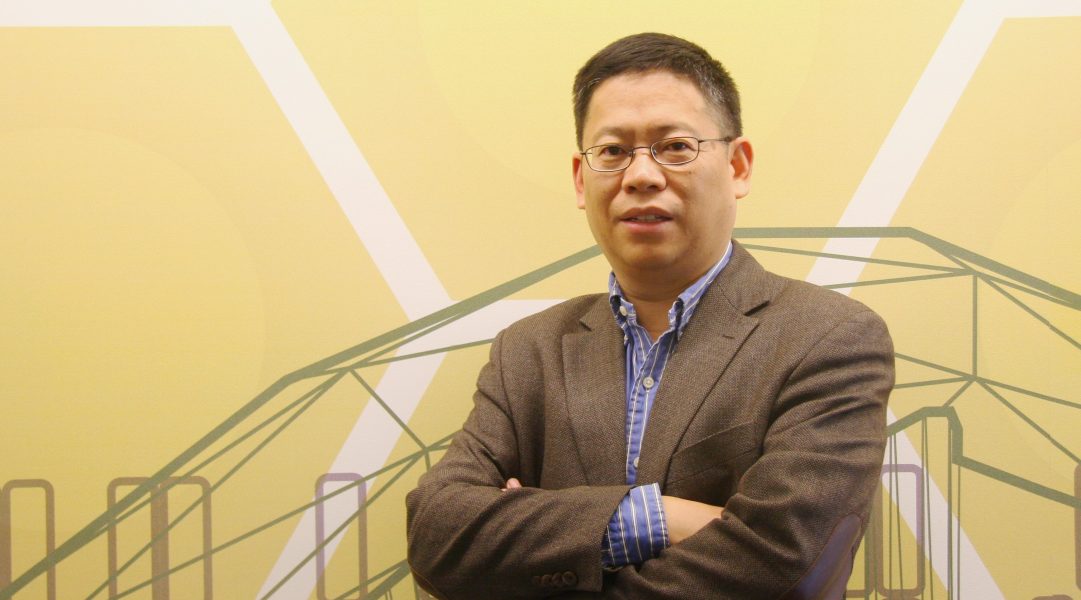Younan Xia is the Brock Family Chair and GRA Eminent Scholar in Nanomedicine at the Georgia Institute of Technology, a position he has held since 2012. Prof. Xia has won many awards over a distinguished career, and is an active member of the editorial community in chemistry.
When reflecting on figures that have served as a particular inspiration over his career, Prof. Xia nominates two giants of science, Linus Pauling and George Whitesides, recalling a particular Pauling quote fondly, ‘The best way to have a good idea is to have a lot of ideas.’
On the topic of his Ph.D supervisor, George Whitesides, Prof. Xia focusses in on his approach to publication, saying ‘Every paper published by his group must be revised until he is satisfied (typically, 5–10 rounds) before it can be submitted.’
Much like Whitesides, Prof. Xia is involved in a wide variety of research. There are three branches of endeavor that his group is currently working in. The first seeks to uncover fundamental details involved in the nucleation and growth of colloidal nanocrystals. The second focusses on the development of novel catalytic materials that will allow the cost-effective and sustainable use of precious metals in catalytic applications. The third is in biomedical engineering, with a focus on the development of new theranostic agents for nanomedicine and new scaffolding materials for tissue repair or regeneration, including peripheral nerve repair, tendon repair, and tendon-to-bone insertion regeneration.
This broad range of interests belies a deep appreciation for the fundamentals of science, something he worries might be lacking in current university science curricula. As a result, he suggests, ‘most students seem to lack the foundation for doing independent research, which means, they may know how to make an experiment work but cannot explain the data or results. In a sense, they are excellent technicians but not true scientists.’
Looking to the future of his own research, he is keeping an open mind; ‘I do not have a clear picture about my next project yet’, but that it should be completely different from all of the work he is currently doing. ‘Probably, it will be about virology or immunology.’
And looking further over the horizon, the Professor is excited by the possibilities offered by machine learning, expressing curiosity about how the interplay between Artificial Intelligence directed chemical synthesis and more traditional techniques will develop.
To delve further into the background of Prof. Xia’s work, have a look at his recent review in the Advanced Materials Hall of Fame virtual issue.

















